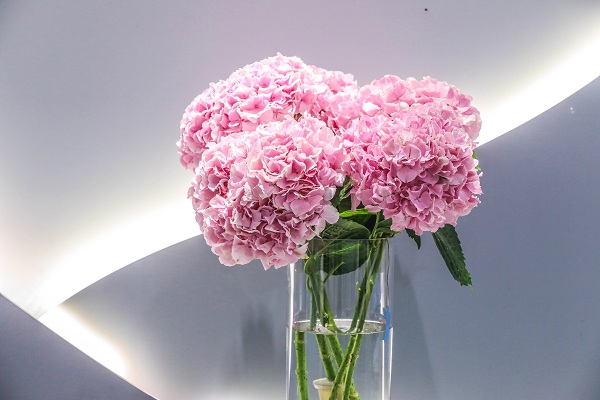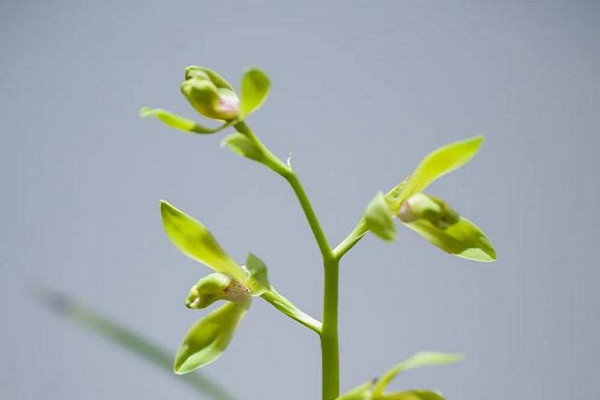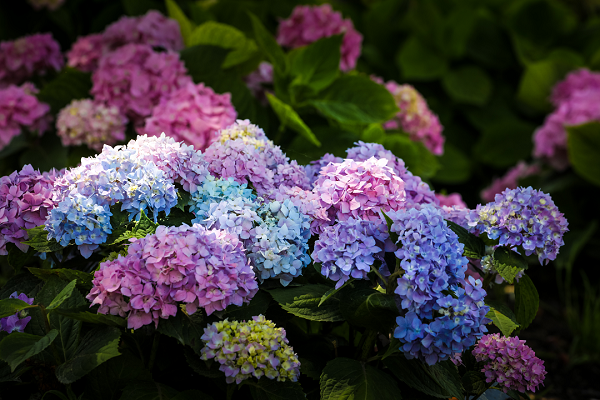Rusty gears, springs, various types of nails, generator rotors and a series of commonly seen deserted scrap metal are being exhibited in a hall in 1933 Shanghai, a landmark hub for creative industries in the city.
The exhibition is part of a "trash to treasure" competition that invites those interested in artistic design and environmental protection to visit and touch these scrap metal items and come up with creative ideas of transforming them into artwork.
Launched by Volvo Construction Equipment and the China Resource Recycling Association, the event intends to "offer ordinary people and everyday artists a platform to unleash their creativity and imagination while putting environmental protection into action", according to Lawrence Luo, Volvo CE China president.
|
Yang Mingjie's City Garden is made from recycled parts. Provided to China Daily |
Visitors can find inspiration from the deserted machinery parts and send their design sketches before Dec 31. A panel of judges will choose 20 finalists who can turn the blueprint into genuine art work in a special working studio with the help of professional artists.
The designs can fall into four categories including posters, accessories, furniture and installations.
The work should be creative, easily made and conveniently transported, with aesthetic value and a concern for environmental protection and sustainable development, according to organizers. The finalists will all have cash rewards.

Yang Mingjie, a renowned Chinese product designer, created the first work of art named City Garden, which is composed of a flower terrace, trees and posters that were made of machinery parts such as piston tubes, nuts, axle bearings, steel balls and so on.
"When I observe these parts carefully, I find their lines and structures are beautiful. We can represent their beauty by recycling them," he says.
Actually, 1933 Shanghai itself is a renovation of deserted architecture. The four-story concrete maze built in the early 20th century, designed by a British architect, was formally the biggest slaughterhouse in Asia. It was renovated into a center for the creative industry in 2006, housing various avant-garde exhibitions, dramas and plays.
wuni@chinadaily.com.cn


